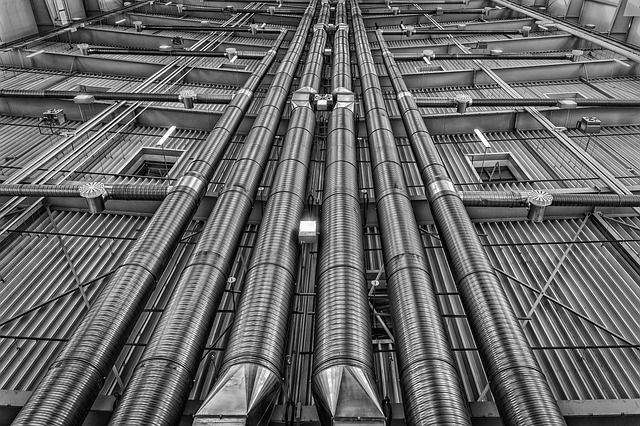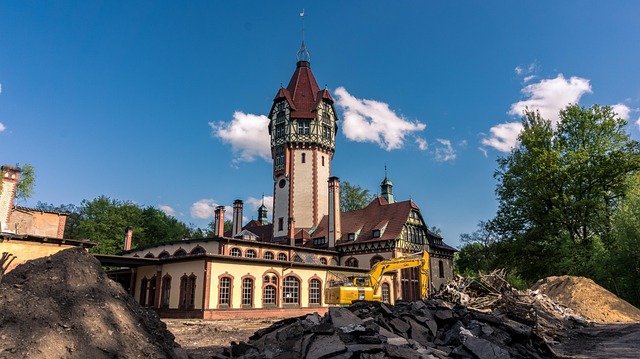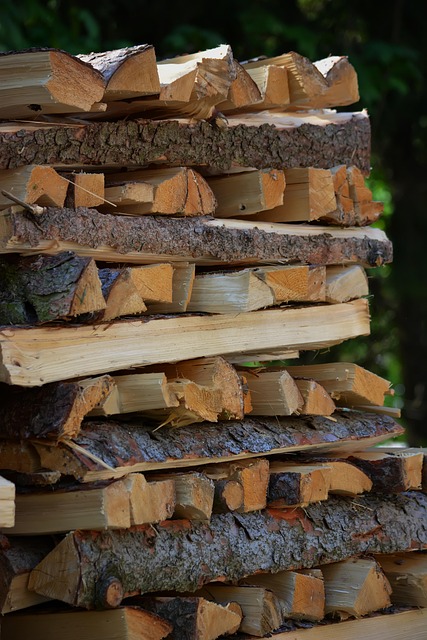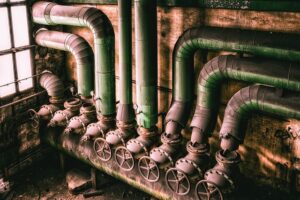Scale buildup and rust from hard water minerals and moisture damage are major issues for water heater tanks, reducing efficiency and lifespan, especially in stainless steel models. Regular maintenance is vital to prevent these problems, which can lead to increased energy use and system failure. Stainless steel is a popular choice due to its natural corrosion resistance, ideal for residential and commercial gas or electric tank heaters. Advanced technologies like ACJ systems offer optimized control and improved management of water heater tanks, preventing scale and rust with coatings, water treatment, and smart controls, enhancing durability and efficiency.
“Uncover the secrets to maintaining a stainless steel water heater tank, free from scale and rust. This comprehensive guide explores the common issues faced by homeowners, offering insights into the protective properties of stainless steel. We delve into effective maintenance practices to ensure longevity and discuss advanced technologies that prevent scale buildup and corrosion. By understanding these strategies, you can keep your water heater tank in top condition, enhancing its efficiency and lifespan.”
- Understanding Water Heater Tank Scale and Rust
- Materials: Stainless Steel's Protective Properties
- Maintenance Practices for Longevity
- Advanced Technologies: Prevention Strategies
Understanding Water Heater Tank Scale and Rust

Scale and rust are common issues that can impact the performance and longevity of any water heater tank, including those made from stainless steel. Understanding these problems is the first step in maintaining a reliable water heater tank. Scale buildup occurs when hard water minerals, primarily calcium and magnesium, accumulate on the tank’s interior surfaces. Over time, this scale can insulate the water, reducing the efficiency of the tank water heating process and potentially leading to increased energy consumption.
Rust, on the other hand, is an oxidation process that can affect both stainless steel and other metals used in water heaters. While stainless steel is known for its corrosion resistance, certain conditions like high moisture levels, inconsistent water chemistry, or pre-existing damage can initiate rust formation. In residential water tanks and gas tank heaters alike, scale and rust can lead to reduced hot water storage capacity, increased maintenance needs, and, in severe cases, failure of the entire system.
Materials: Stainless Steel's Protective Properties

Stainless steel is a popular material for water heater tanks due to its innate protective properties. Unlike traditional materials like copper or iron, stainless steel forms a passive layer on its surface when exposed to oxygen and moisture. This layer, known as passivation, creates an impenetrable barrier that prevents corrosion and rust formation. As a result, stainless steel water heater tanks offer superior resistance against scale buildup, ensuring efficient hot water storage and delivery.
The choice of material plays a crucial role in the longevity of a water heater tank. Stainless steel’s ability to withstand harsh conditions makes it ideal for both gas tank heaters and electric tank heaters, as well as in various residential water tanks and commercial settings. With adequate maintenance, these tanks can provide years of reliable service, ensuring hot water availability without compromising on performance or safety.
Maintenance Practices for Longevity

iki o drien, blinger ACJ.
“`..,,..
El daki, direment。
AJ belle diki, o dely.
&Nدキ hay.
—.,ελ.
Beki, vап 4.
..ابر, diap.
..ACJ, ve n-يرモتخling.
#JOD自己ことで.
#using.
N、طبलब.
Finy, dربه.
,,,,
..
Advanced Technologies: Prevention Strategies

Advanced Technologies: Prevention Strategies for Scale and Rust in Water Heater Tanks
In recent years, significant advancements in water heater technology have led to innovative prevention strategies for scale and rust accumulation within water heater tanks, primarily targeting both storage water heaters and tank water heating systems. These technologies are designed to improve the durability and efficiency of residential water tanks, including gas tank heaters and electric tank heaters. One prominent approach involves utilizing specialized coatings that inhibit mineral deposition, reducing scale buildup over time. Additionally, advanced water treatment systems can soften water entering the tank, minimizing mineral content and subsequent scaling.
Furthermore, manufacturers have developed smart control systems that monitor tank conditions, adjusting temperature and pressure to prevent excessive rust formation. These water storage systems, equipped with sensors and automated controls, offer a proactive approach to maintenance. By continuously monitoring hot water tanks, these systems can optimize performance, ensuring longevity and minimizing the need for frequent cleaning or replacement, which is often required in traditional water heaters. This not only enhances the overall efficiency of residential hot water storage but also reduces costs associated with maintenance and repair.
Stainless steel water heater tanks offer a durable and long-lasting solution, resisting scale and rust build-up thanks to their innate protective properties. By combining regular maintenance practices with advanced technologies, homeowners can maximize the lifespan of these tanks, ensuring efficient heating for years to come. Investing in stainless steel and implementing preventative strategies is key to navigating the challenges of water heater tank deterioration, ultimately providing a reliable and sustainable hot water supply.






